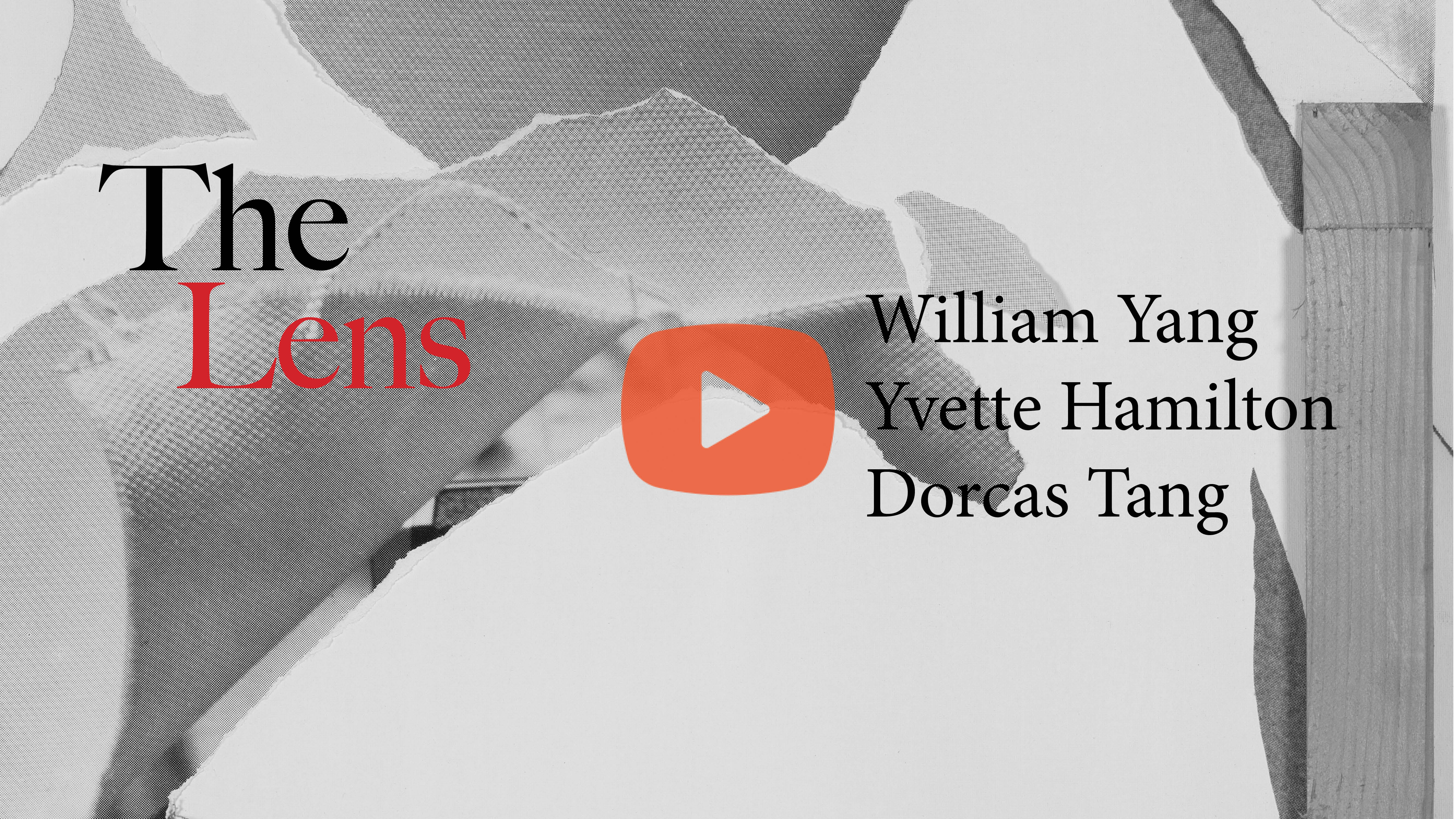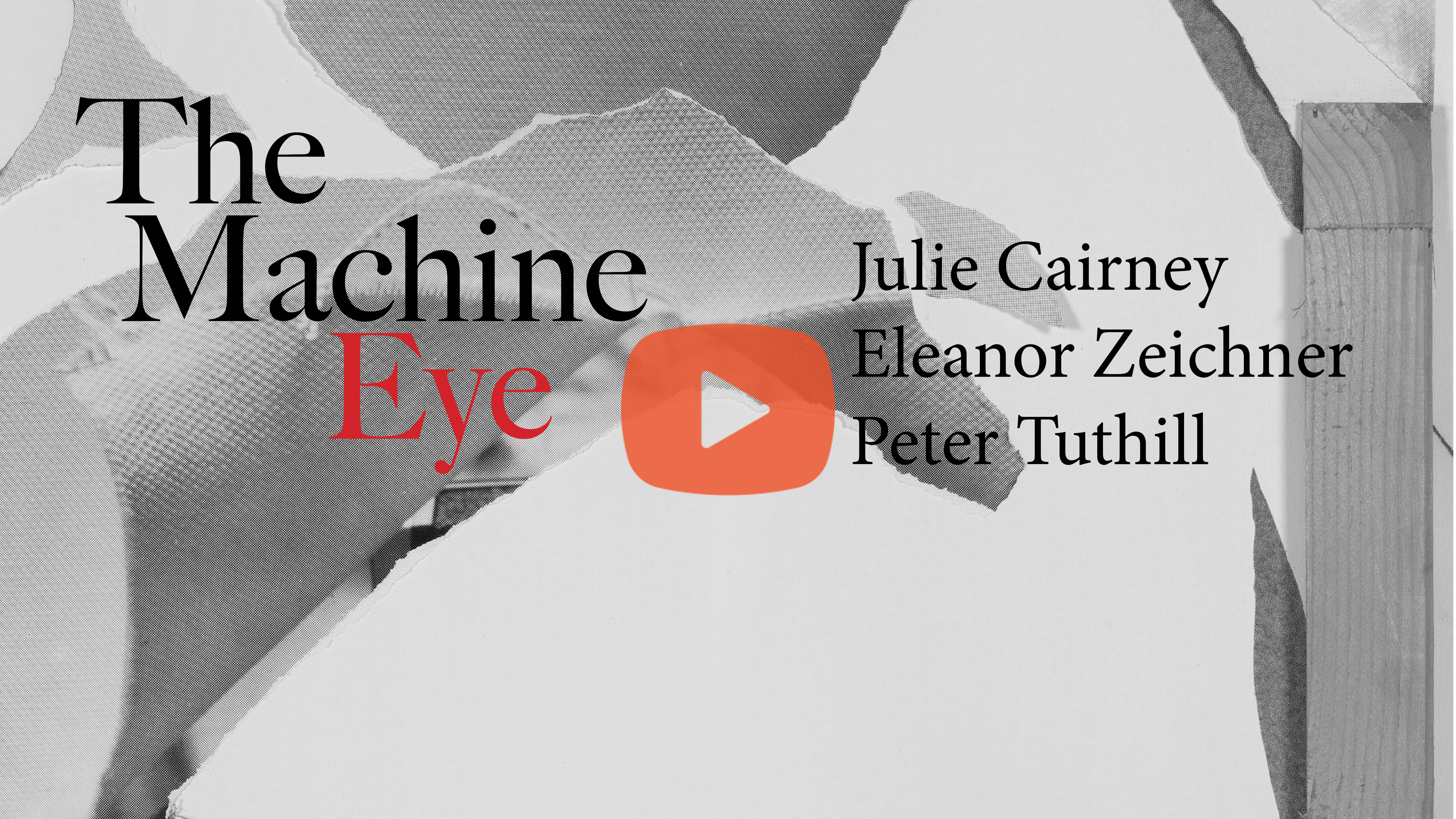Photography Falls Apart
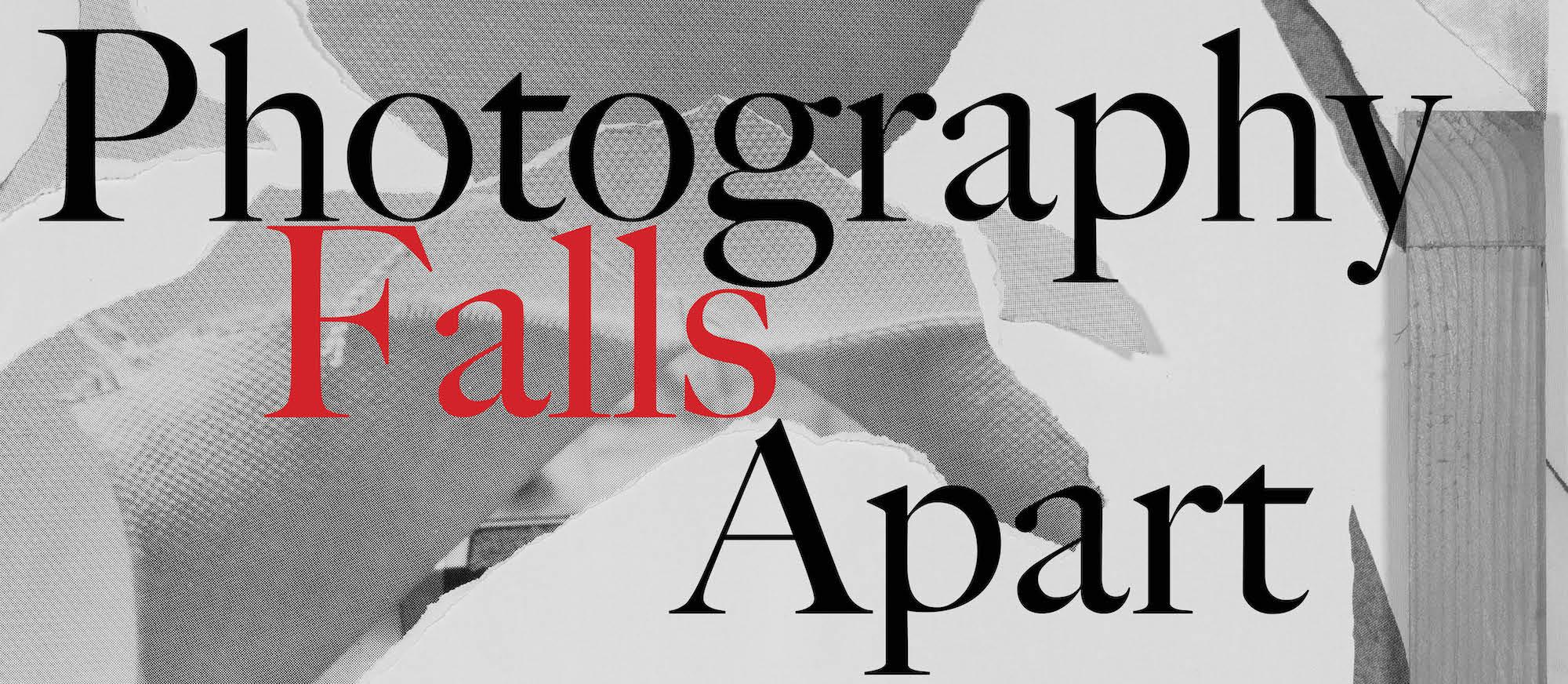
A series of panel discussions about the practice and conditions of photography today.
Since its inception in the mid-1800s, photography has been a disruptor technology, challenging, and reconfiguring our understanding of how we represent ourselves and our communities. Viewed through a performative lens, this series will explore photography in its vernacular and art forms and discuss how it challenges questions of truth and representation, while moving rapidly into the shadow of Artificial Intelligence, with its deep fakes and machine learning.
Convened by Donna West Brett and Katrina Liberiou, and presented by the Chau Chak Wing Museum, Photographic Cultures and the Power Institute.
Events
Past
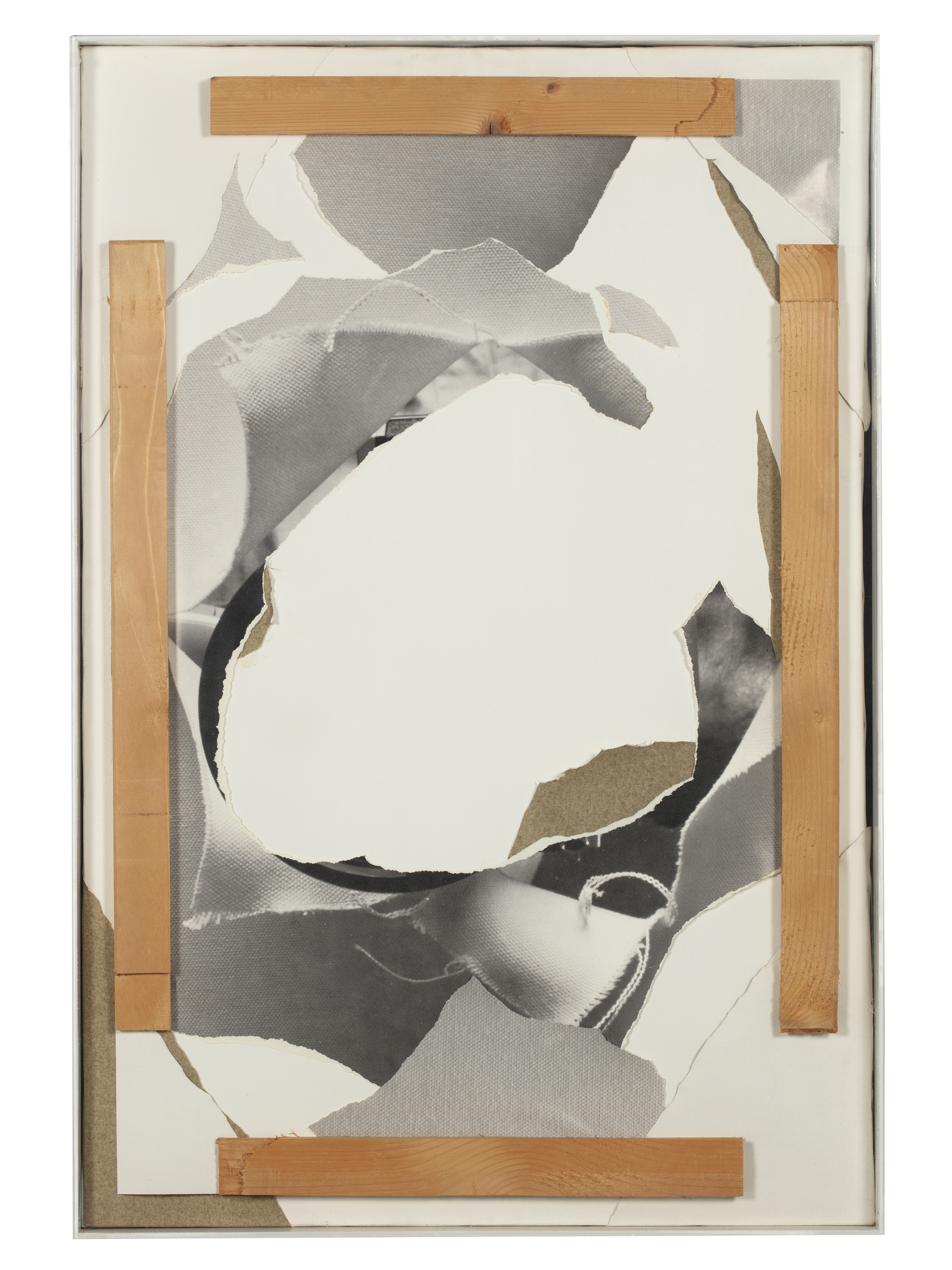
The Negative
A conversation between artists and scholars about the materials and processes of photographic transformation.
People

Geoffrey Batchen
Geoffrey Batchen is Professor of the History of Art, Trinity College, University of Oxford. He is a specialist in the history of photography.
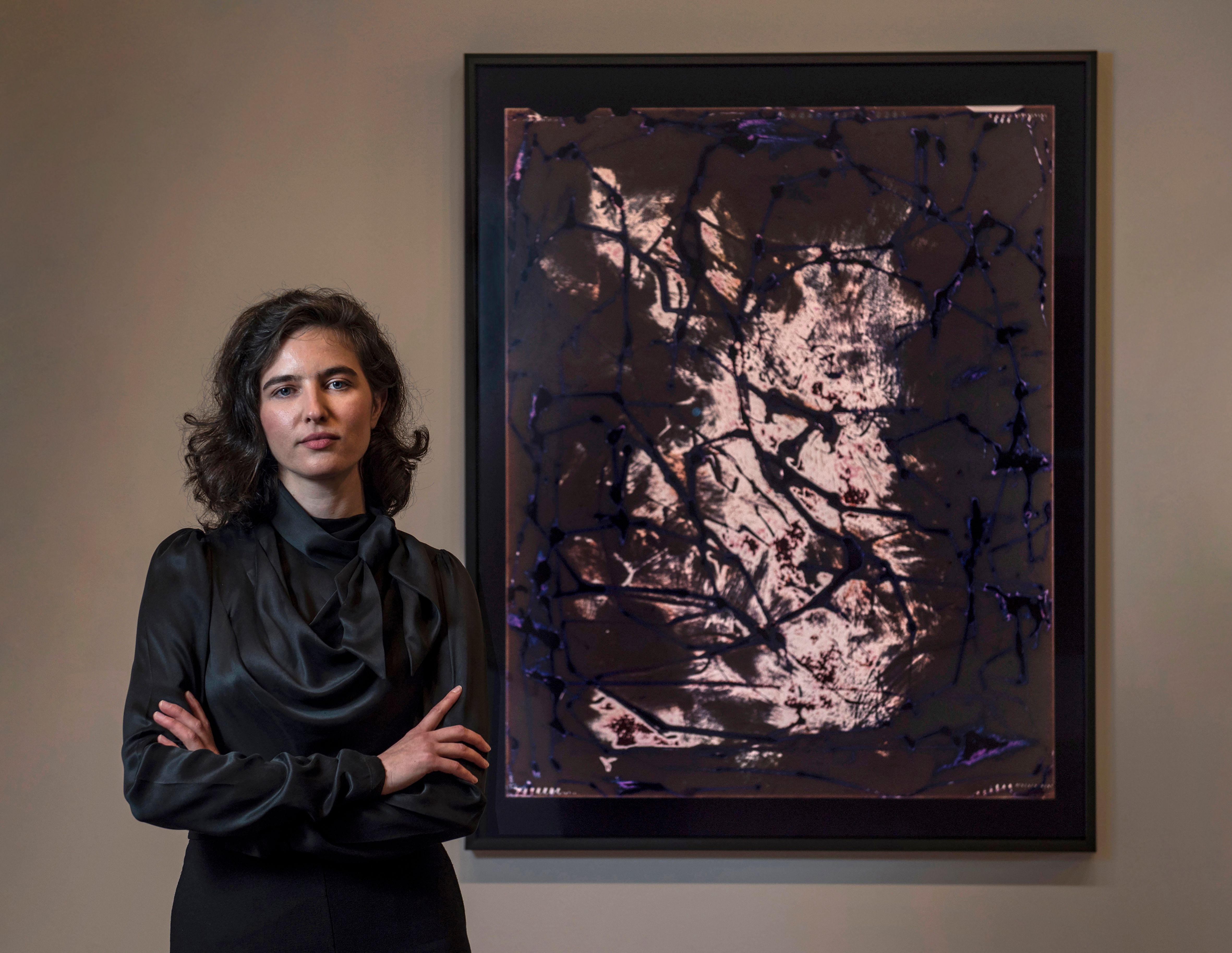
Justine Varga
Justine Varga is an artist whose work examines the conventions of photography, exploring its process, materiality and relationship with time.
Photo: Peter Morgan
James Tylor
James Tylor is a multi-disciplinary visual artist whose practice explores Australian environment, culture and social history through the perspectives of his multicultural heritage that comprises Nunga (Kaurna Miyurna), Māori (Te Arawa) and European (English, Scottish, Irish, Dutch and Norwegian) ancestry.
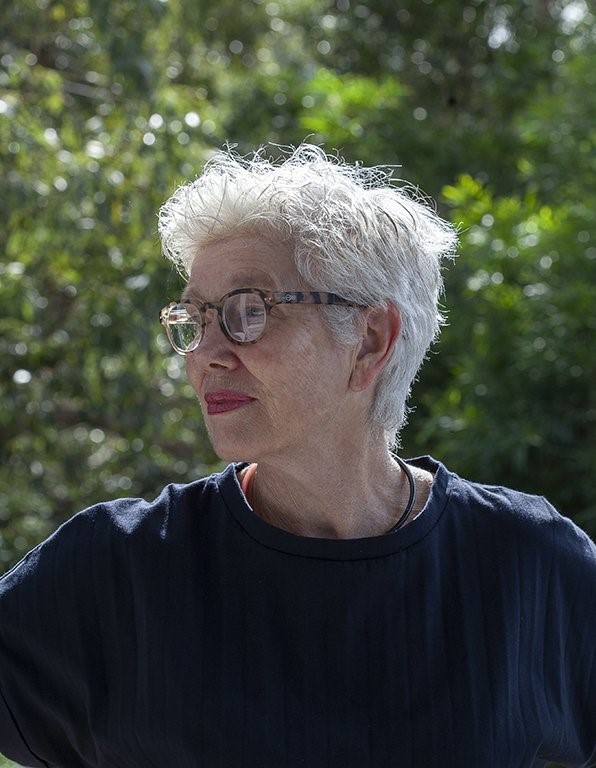
Anne Ferran
Working primarily with photography, Anne Ferran’s practice engages with colonial histories and the absence of women and children from the historical record.
Photo: Les Blakebrough
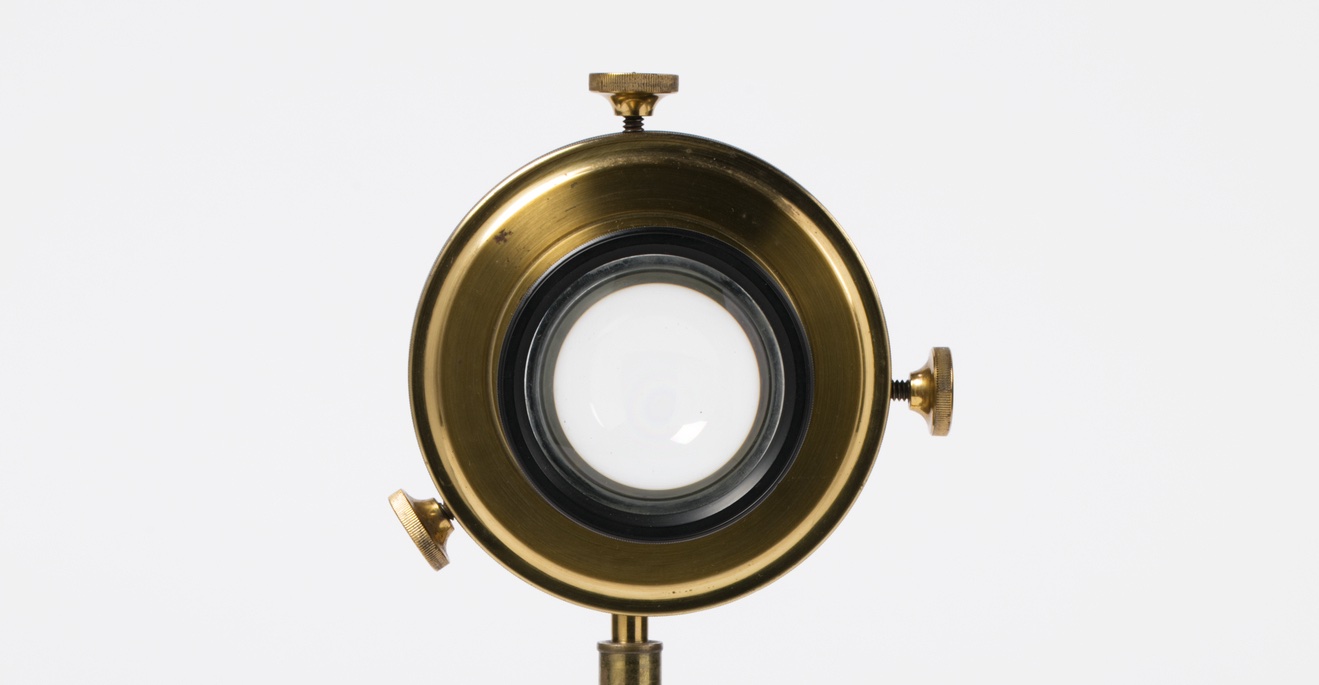
The Lens
A conversation with William Yang, Yvette Hamilton and Dorcas Tang about the history and politics of photography's documentary function.
People

William Yang
William Yang was born in North Queensland, Australia. He moved to Sydney in 1969 and worked as a freelance photographer documenting Sydney’s social life which included the glamorous, celebrity set and the hedonistic, sub-cultural, gay community. In 1977 he had an extremely successful exhibition, Sydneyphiles, at the Australian Centre for Photography which launched him as a gallery photographer.
In 1989 he integrated his skills as a writer and a visual artist. He began to perform monologues with slide projection in the theatre. These told personal stories and explored issues of identity. He has done eleven full-length works and most of them have toured the world.
William’s current work is photo based, he has gallery exhibitions, which embrace both documentary photography to works of photo media. Text written on the prints is often a feature of his work. He continues to perform spoken works with image projection in the theatre. He has converted three of his theatre performances, My Generation, Friends of Dorothy and Blood Links into films.
In 2021 William had a major retrospective of his work, Seeing and Being Seen, at QAGOMA in Brisbane. It comprised 250 printed works, videos, and four of his films were shown in a cinema.
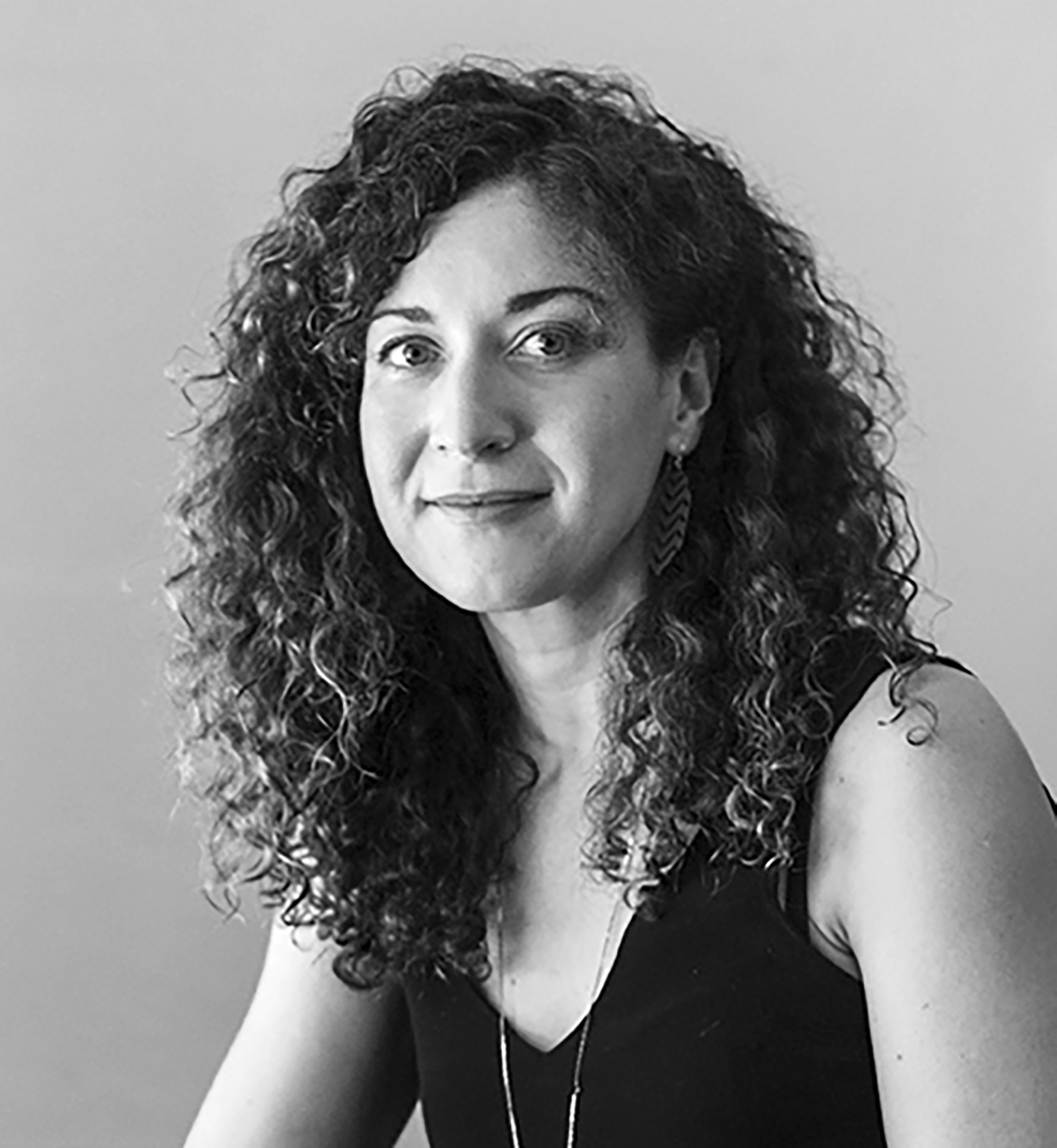
Yvette Hamilton
Dr Yvette Hamilton is an Australian interdisciplinary artist and academic of Mauritian descent. She is a Senior Lecturer in Contemporary Art at Sydney College of the Arts, University of Sydney, and has been a practising artist for more than fifteen years. Her research and expanded practice probe the limits and expectations of representation within photography, exploring the ontological paradoxes inherent in the medium. This inquiry is underpinned by sustained material experimentation with photographic processes—past, present, and potential futures—and a commitment to sustainable, collaborative practice. Awarded the 2024 Art Association of Australia and New Zealand PhD Prize (Practice-led), Hamilton investigates photography’s thresholds of appearance, disappearance, and re-imagination across artistic, scientific, and philosophical contexts. Her outputs span peer-reviewed publications, interdisciplinary collaborations, and a substantial record of nationally and internationally recognised exhibitions.
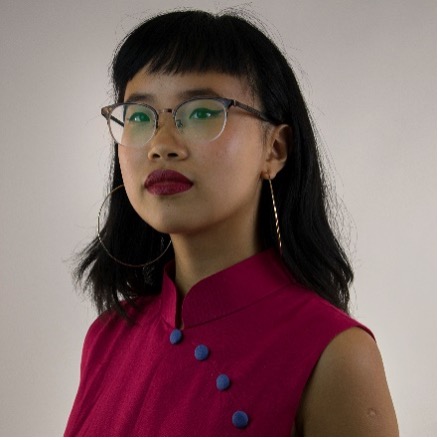
Dorcas Tang
Dorcas Tang 邓佳颖 (she/they) is a Chinese-Malaysian photographer and artist working, thinking, and playing on unceded Gadigal land. She is interested in the crucial intersections of photography, history, and archival silences. As a daughter of the Chinese diaspora, at the core of her practice is care for her communities while grappling with the intrinsic violence of the camera and archival practices. Her audiovisual projects include Los Paisanos del Puerto, examining the Chinese diaspora of Costa Rica; Love Me Long Time, exploring desire, intimacy, and Asian identity; and Staging Portraits which looks at queer kinship through facilitating community photo sessions at The Bearded Tit. Ultimately, she seeks to encourage critical dialogue through creating socially engaged visual narratives.
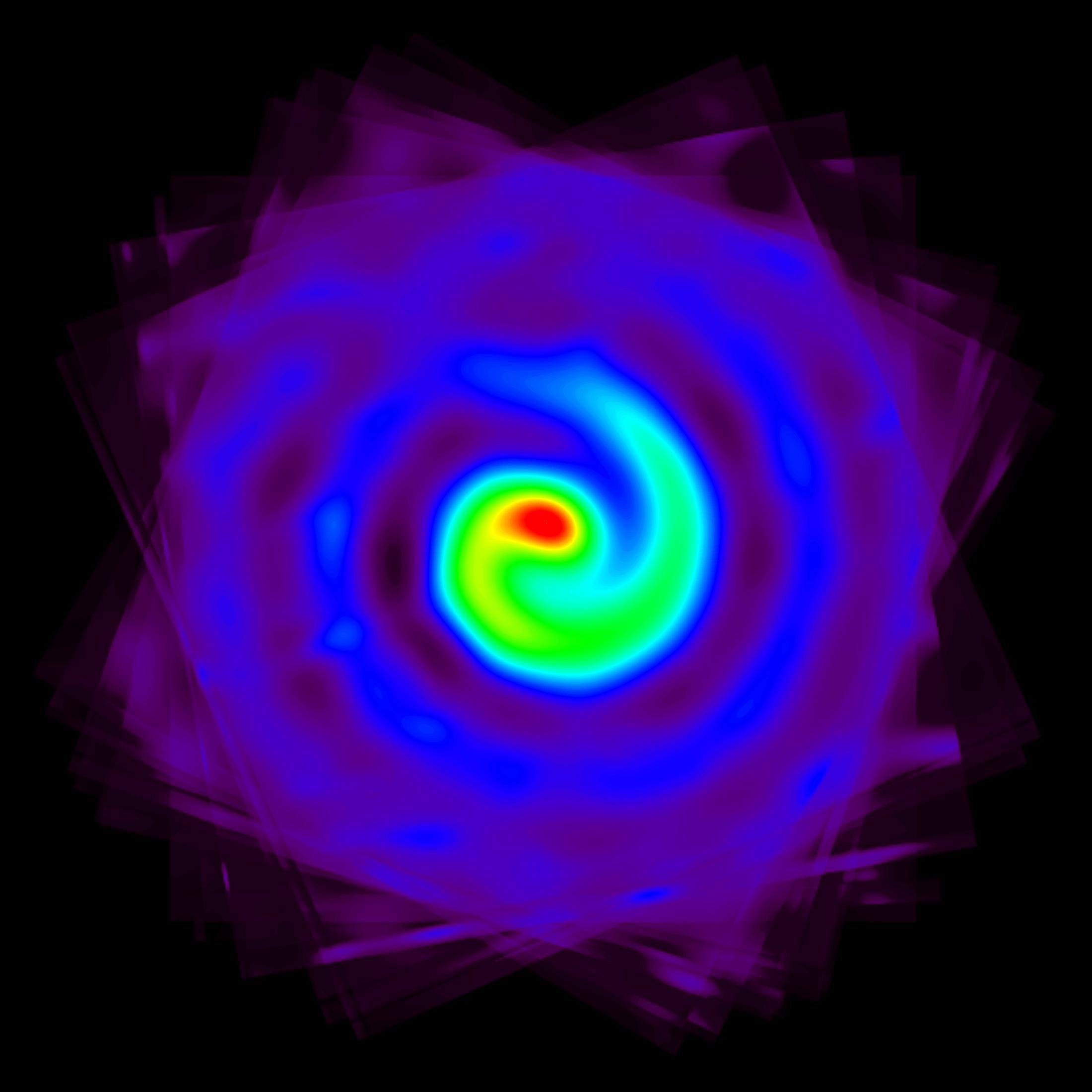
The Machine Eye
A conversation about the new limits of perception, from the microscopic to the astrophysical, and from the technological to the artistic.
People
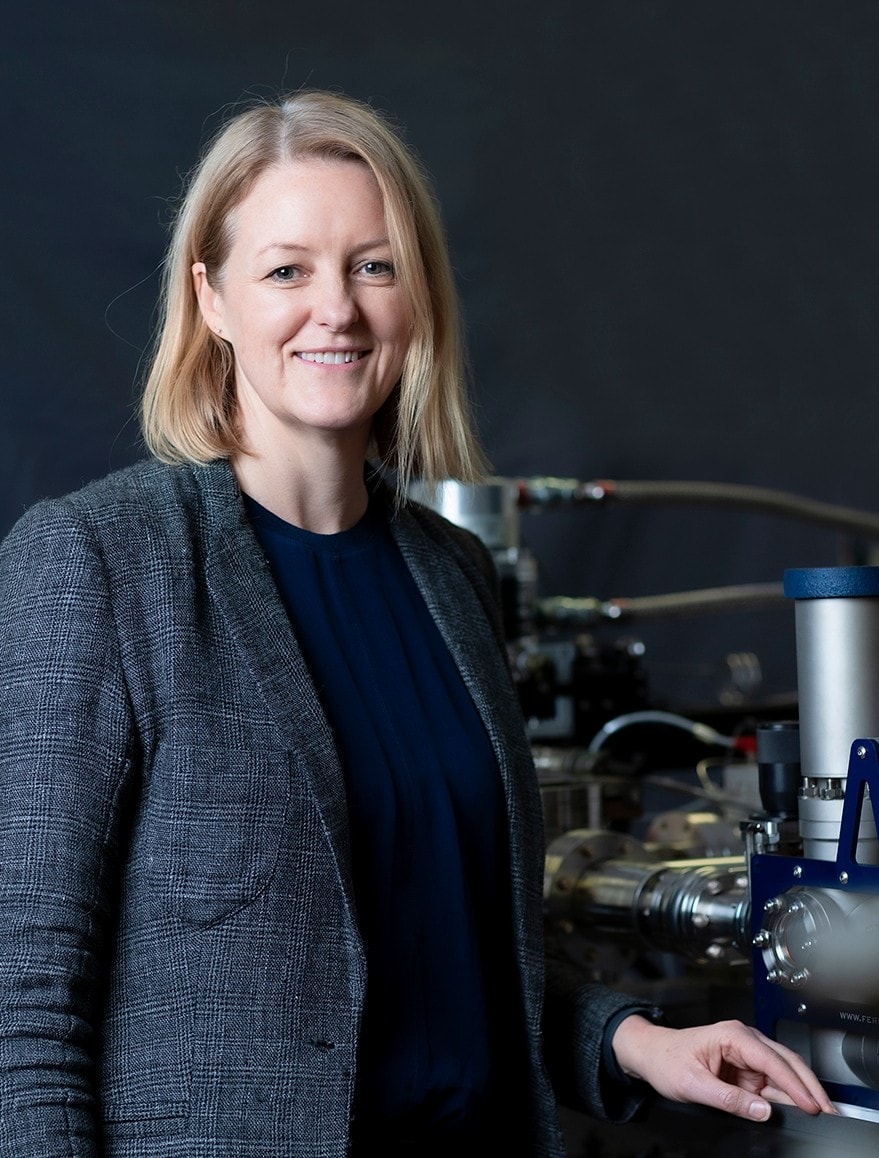
Julie Cairney
Professor Julie Cairney is the Pro-Vice-Chancellor (Research Enterprise) at the University of Sydney, where she supports strategies to enhance industry collaboration, improve research commercialisation and increase the impact of the University’s research through partnership with industry, government and the community. A Professor of Materials Engineering, she is also a leading researcher specialising in using advanced microscopy to study the three-dimensional structure of materials at the atomic scale.
From 2016-2022 she was the CEO of Microscopy Australia, a national infrastructure facility that provides open-access microscopy platforms and expertise across Australia. During that time she oversaw the creation of “Stories and Structures” an art exhibition that celebrates the rich visual parallels between the representations seen in many Indigenous artworks and the microscopic structures hidden in the natural world, revealing unexpected and intriguing similarities.
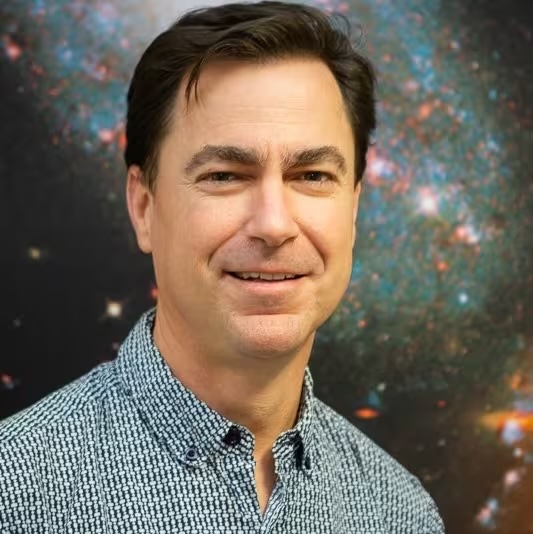
Peter Tuthill
Professor Peter Tuthill is an expert in astrophysical imaging; studying stars and their immediate environments with unprecedented resolution. After obtaining undergraduate degrees in physics at University of Queensland and the Australian National University, Peter moved to Cambridge University graduating with a PhD in 1995. For the next 5 years, he worked as a Research Astronomer at the University of California in Berkeley in a research group led by Nobel Laureate, Professor Charles Townes. Peter returned to Australia with the millenium, holding a number of Australian Research Council fellowships up to his present appointment as a Future Fellow. Peter works at the Sydney Institute for Astronomy - one of the largest astrophysics groups in the country - serving as director from 2010-2015.
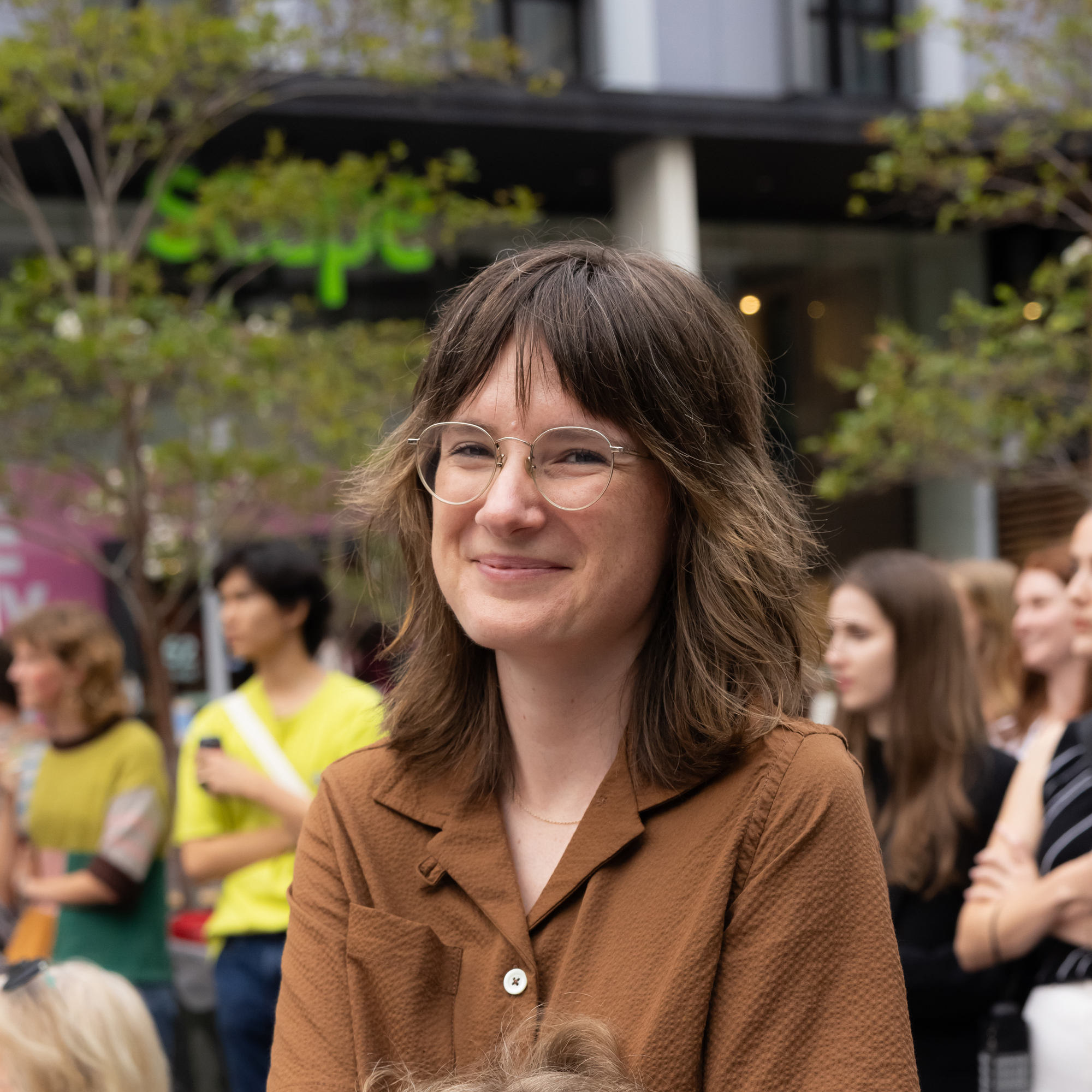
Eleanor Zeichner
Eleanor Zeichner (she/her) is the Assistant Curator at UTS Gallery, and curator of the Gallery’s current exhibition Image, Interrupted, on view until April 12. Recent curatorial projects include Forensic Architecture: Cloud Studies (2020) and After Technology (2019), both with Stella Rosa McDonald. She has written for un magazine, Artlink, Art & Australia and Vault, and is a former editor of Runway Australian Experimental Art.

